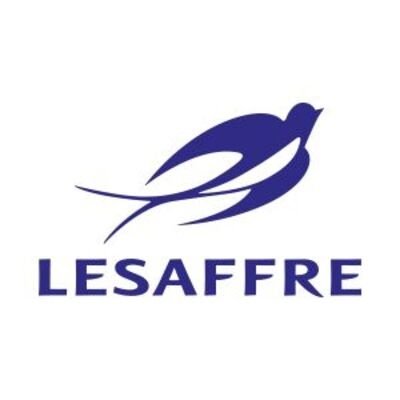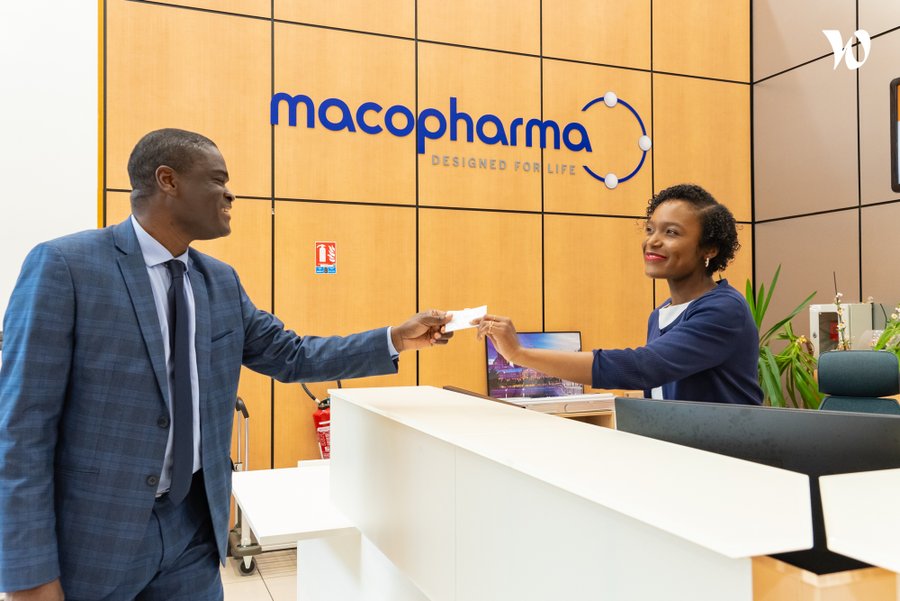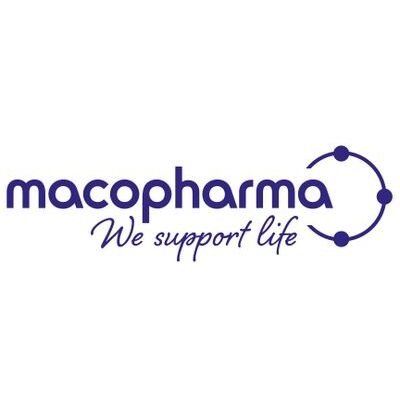Advanced Organism Genetics Scientist / PhD (W/M)
Le poste
Descriptif du poste
Company Description
A key global player in fermentation for more than a century, Lesaffre, with a 2,7 billion euro turnover, and established on all continents, counts 11,000 employees and more than 96 nationalities. On the strength of this experience and diversity, we work with customers, partners and researchers to find ever more relevant answers to the needs of food, health, naturalness and respect for our environment. Thus, every day, we explore and reveal the infinite potential of microorganisms.
To nourish 9 billion people, in a healthy way, in 2050 by making the most of our planet’s resources is a major and unprecedented issue. We believe that fermentation is one of the most promising answers to this challenge.
Lesaffre – Working together to better nourish and protect the planet.
Job Description
As a member of the Microbial Engineering team within the Bioengineering Center of Excellence (Lesaffre Institute for Science and Technology) in France, your role and responsibilitites will be :
- Be the point of reference and subject-matter expert for all the Lesaffre’s group classical breeding programs for improvement of fungi, yeast and bacteria, with classical breeding including, for instance, adaptive laboratory evolution (ALE), mutagenesis, cell fusion, hybridization/crossing, marker-assisted selection, genome-wide association studies, natural transformation, transduction, conjugation. Main assignments will focus on quantitative yeast genetics, with fungal and bacterial genetics as secondary assignment, but still mission-critical, responsibilities in the long term.
Study, design, develop and exploit microbial genetic diversity by collaboratively using a combination of high-throughput system biology (phenomics, genomics, transcriptomics, proteomics, metabolomics) data, statistics, automated ALE, innovative breeding technology and leveraging biofoundry approaches.
Lead genotypes selection and strain improvement programs focusing on predictive modeling for optimal selection of parents, progeny and hybrids for applications for instance in breadmaking, winemaking, ethanol, cell extracts and feeds.
Combine biological experiments data and theory, simulations, and data analysis to design optimized microbial strains improvement schemes (breeding, evolution, and/or mutagenesis) and manage its execution by operations support teams.
Independently troubleshoot technically complex problems and propose solutions or experimental plans to resolve or correct for them.
Maintain high-quality documentation of your work and discoveries, in the forms of written reports, technical presentations, electronic lab notebooks, internal database records, and software documentation.
Assignments can be subject to review and changes based on company priorities.
Profil recherché
PhD in genetics, bioengineering or affiliated biological sciences, plus 3+ years of postdoctoral experience in any of these fields: industrial microbiology, yeast breeding, quantitative yeast or fungal genetics, statistical genetics, genomics, quantitative biology. Interdisciplinary training is strongly preferred.
Deep,and demonstrated knowledge of yeast physiology and a solid publication track record is essential for a successful candidate.
Expertise in yeast mendelian, quantitative and molecular genetics, advanced breeding technologies & methods, statistics and experimental design, genomics, and/or quantitative genetics with a proven track record of delivering innovation by creatively combining multiple approaches.
Demonstrated ability to drive innovation and strain improvement operations using classic yeast breeding (QTL analysis, marker development, introgression, backcrossing, screenings etc.), quantitative genetics and exploring the adoption of predictive breeding and phenomics by combining a “hands-on” attitude and high-level understanding of applied industrial genetics, all done in strong collaboration with different LIST teams working in microbial engineering and characterization.
First-hand technical experience in at two of the following areas: genome-wide association study (GWAS), mutagenesis, adaptive laboratory evolution, genomic breeding, bioinformatics, NGS analysis.
Facility with programming in R or Python and their application to data analysis and statistics. Experience with best practices for collaborative software development (version control systems, test-driven development, good documentation habits) are desired.
Demonstrated organizational ability to meet the demands of multiple concurrent projects.
Ability to collaborate efficiently with multiple internal and external stakeholders.
Strong curiosity, drive, motivation, and comfort with taking fast decision with limited information, and with working in areas of biology previously unknown to you and, at times, your peers.
Ability to travel internationally to research and development sites at least 2 weeks per year.
Additional Information
You will work in the Microbial Engineering Team attached to the Bioengineering Center of Excellence and you will report to the Head of Microbial Engineering.
Our Mission: Create new best-in-class yeast, fungal and bacterial strains by combining classical genetic breeding methods with modern bioengineering approaches to ultimately power Lesaffre’s Mission of “Working together to better nourish and protect the planet”
Our Approach: We couple classical genetic breeding methods with modern molecular biology, computational analysis, system biology, and a high-throughput Biofoundry-approach to bioengineering to generate new fungal, yeast strains and bacterial strains that fit the needs of a wide portfolio of biomass and precision fermentation applications. To this end, Lesaffre has built the largest biological foundry for advanced bioengineering of France and developed an advanced multisite genetic research and development ecosystem that combines powerful resources in France and the USA.
Our Scope: We create new microbes for industrial biotechnology applications including baking, food and feed, flavors and fragrances, brewing, winemaking, distillers, bioethanol, biobased platform and specialty chemicals, plant protection, nutraceuticals, pharmaceuticals
All our jobs are open to people with disabilities.
What can Lesaffre offer you:
- We are a successful family-owned company with long-standing history where people truly matter
- We promote a sense of fulfilment with a genuine mission: nourish and protect the planet
- You will experience intellectual challenges within a multi-expertise network.
Envie d’en savoir plus ?

Rencontrez Cécile, Team leader R&D

Rencontrez Jérémy, Directeur de production
D’autres offres vous correspondent !
Ces entreprises recrutent aussi au poste de “Life Sciences and Biotechnology”.




